
What we're reading, January 25, 2016: Cigna faces sanctions from CMS; a Massachusetts senator blocks the nomination of Robert Califf, MD, for FDA commissioner; and hospitals and health systems are mostly unprepared for precision medicine.
Accountable primary care is essential in lowering healthcare costs as a whole and making it care more accessible to patients. Debbie Zimmerman, MD, chief medical officer of Lumeris, discussed how to improve primary care and get primary care physicians aligned with the delivery of accountable care.

What we're reading, January 25, 2016: Cigna faces sanctions from CMS; a Massachusetts senator blocks the nomination of Robert Califf, MD, for FDA commissioner; and hospitals and health systems are mostly unprepared for precision medicine.

As Americans as asked to pay a greater portion of their healthcare expenditures, new insurance design models are being implemented, such as value-based insurance design, to combat issues like nonadherence.

A look at the latest news in healthcare, including a study that identifies an increased risk of diabetes in cancer survivors, 2 FDA approvals, Senator Bernie Sanders released a plan for universal healthcare coverage in the US, and the economics of aging.

The profile of high-cost patients in a Massachusetts ACO differed greatly, depending on their enrollment in Medicare, Medicaid, or a commercial plan.

What we're reading, January 22, 2016: the average premium under the Affordable Care Act rose to $408 before tax credits; seniors will face higher Medicare Advantage premiums with a merge between Aetna and Humana; and Hawaii could be the first state to offer long-term care benefits.

This study examines the plan characteristics associated with generic risperidone use and spending and adherence outcomes associated with use among Medicare Advantage Part D beneficiaries.

The results of a new JAMA study underscore the importance of advance care planning in improving the quality of care that patients receive at the end of life.

A look at the economic implications of aging and what can be done to address the growing healthcare financial challenges.

A new study analyzes how much the difference in readmission rates between safety net and non-safety net hospitals can be explained by measurable factors, such as patient characteristics.

Radiologists and breast cancer specialists disagree with the US Preventive Services Task Force recommendation of raising the age of screening mammography to 50 years.

All this week, the healthcare industry, especially analysts and investors, focused their attention on presentations by CEOs and CFOs at the 34th annual JP Morgan Healthcare Conference.

A proposal to reduce Medicare Part B payment rates for hospitals participating in the 340B Drug Pricing Program has been approved 14-3 by the Medicare Payment Advisory Commission.

Millions of unpaid family members care for elderly parents or relatives. But as baby boomers age, the government faces a quandary because there will be fewer adults age 45 to 64 available to fill that role.

What we're reading, January 13, 2016: at a recent healthcare investor conference pharmaceutical company executives showed no concern over public outrage of rising drug prices; the American Hospital Association urges MedPAC withdraw 340B payment proposal; and California lawmaker reintroduces "right-to-try" bill.

Ahead of the president’s final State of the Union address, Democrats announced new plans to investigate drug prices in 2016.

Medicare's accountable care organization (ACO) initiatives now include a total of 477 participants across 4 different model types, including the 21 just announced as part of the new Next Generation ACO Model.

A new study finds that projected and planned-for modifications to Medicare Advantage by CMS could lead to major changes in payments based on geographic locations.

A new 5-year program has been created to focus on the health-related social needs of Medicare and Medicaid beneficiaries.

In their Viewpoint in JAMA Oncology, Sanket S. Dhruva, MD, and Vinay Prasad, MD, MPH, have raised objections to CMS’ turnaround on coverage decision for the antibody blinatumomab.
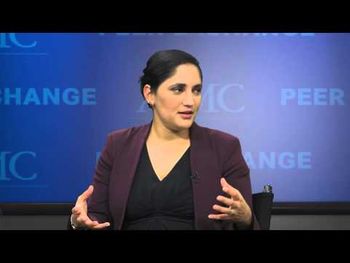
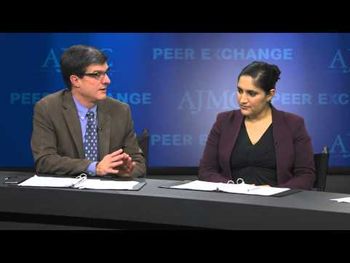
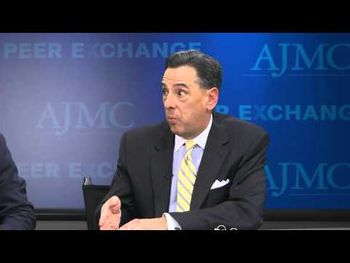
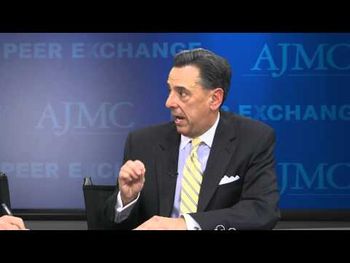
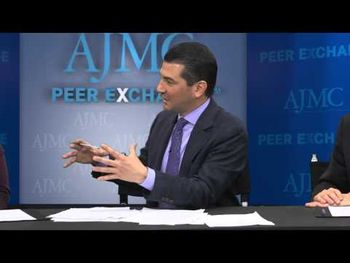
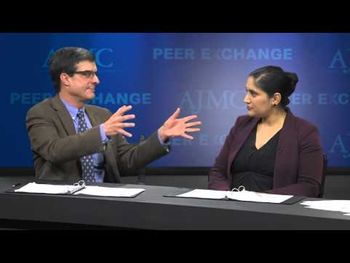

259 Prospect Plains Rd, Bldg H
Cranbury, NJ 08512
© 2025 MJH Life Sciences®
All rights reserved.
